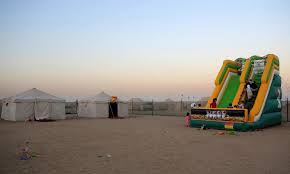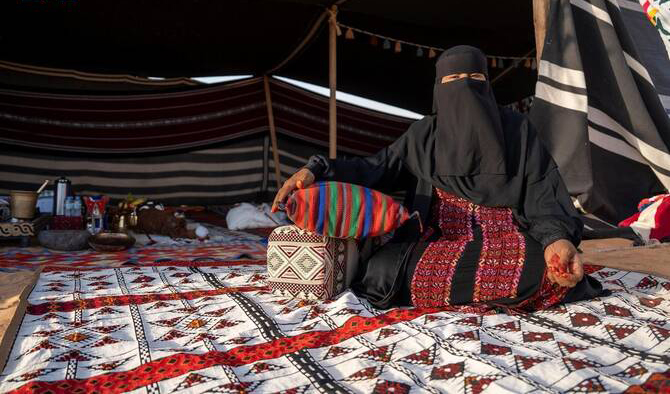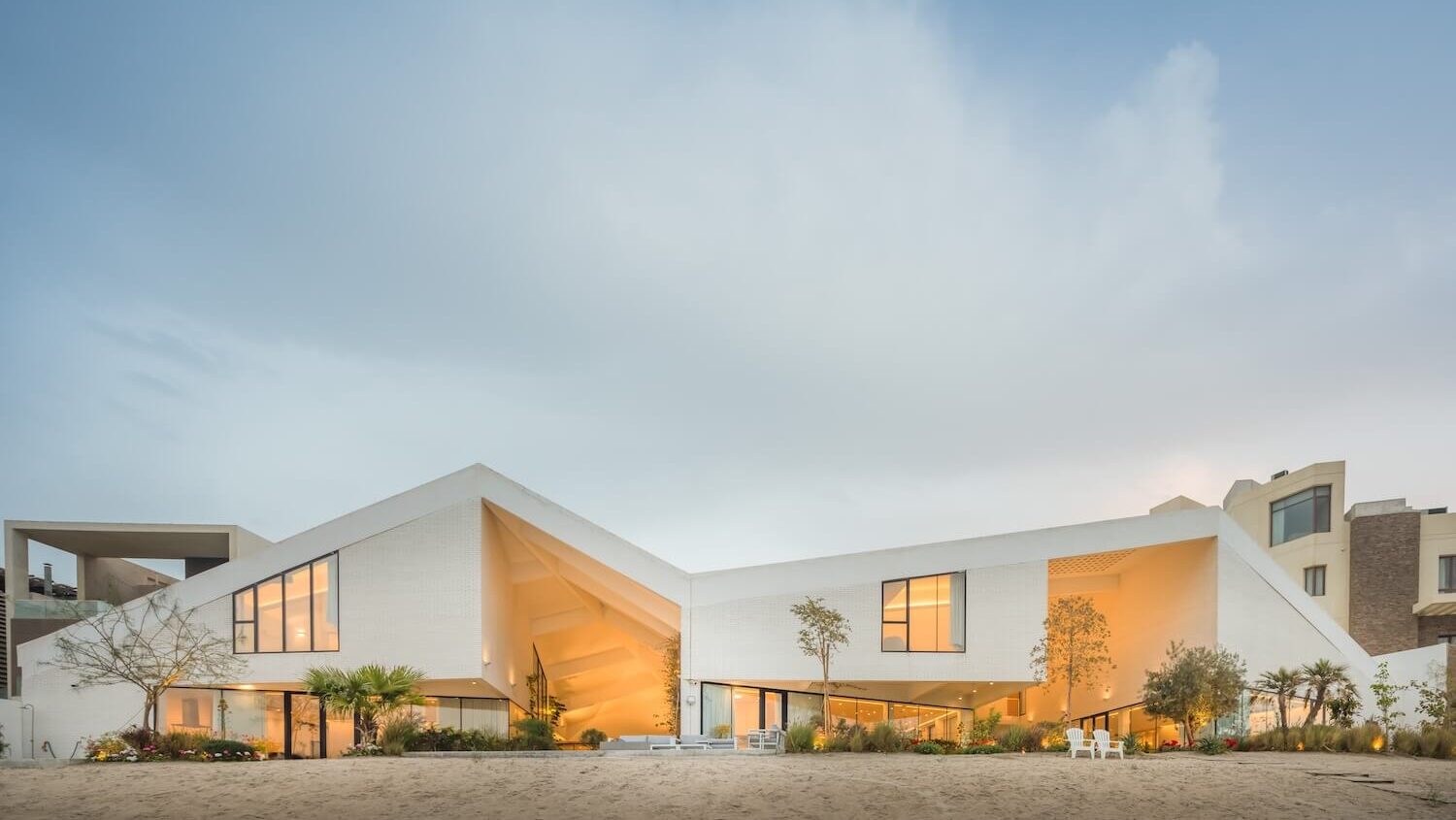Kuwaiti culture is deeply rooted in tradition, community, and the art of hospitality. Among the many symbols that define this heritage, hospitality tents hold a particularly special place. These tents, known as bayt al-sha’ar in Arabic, are more than just physical structures they are living spaces where culture, tradition, and warmth converge to create unforgettable experiences.
The importance of hospitality tents in Kuwaiti society goes beyond their functional use. They represent a philosophy of life that emphasizes generosity, respect, and human connection. In Kuwait, where the desert environment shaped the way people lived for centuries, these tents were both practical shelters and centers of social life. Today, they continue to serve as a bridge between the past and the present, offering a glimpse into Kuwaiti heritage while fostering community and friendship.
Preserving Tradition in Modern Kuwait
Despite rapid urban development and modernization, Kuwaitis remain deeply committed to preserving their cultural identity. Hospitality tents are a tangible manifestation of this dedication. Often set up for special occasions such as weddings, religious celebrations, or national events, these tents allow Kuwaitis to honor their ancestors while adapting to contemporary lifestyles.
The design and decoration of the tents reflect both practicality and aesthetic sensibility. Traditionally, they are made with high-quality goat or camel hair, materials that provide insulation against the desert heat and cold. Inside, the tents are adorned with carpets, cushions, and ornate fabrics, creating a warm and inviting environment. Guests are greeted with aromatic coffee and dates, a ritual that underscores the importance of generosity and care in Kuwaiti culture.

Fostering Community and Connection
One of the most significant aspects of hospitality tents is their role in strengthening social bonds. In Kuwait, gatherings in these tents go beyond casual meetings they are opportunities to build trust, share stories, and celebrate life together. Families and friends come together to enjoy meals, discuss important matters, or simply enjoy each other’s company.
Hospitality tents also serve as spaces for cultural transmission. Elders often share stories, proverbs, and life lessons, passing down traditions and values to younger generations. In this way, tents are not just physical spaces; they are classrooms of culture, nurturing respect for heritage and reinforcing social cohesion.
Symbol of Generosity and Respect
In Kuwaiti society, hospitality is more than a courted it is a moral obligation. Guests are treated with utmost respect, and the experience within a hospitality tent reflects this principle. Offering refreshments, comfortable seating, and attentive service are considered essential practices that honor the guest and demonstrate the host’s character.
The symbolism of the tent extends beyond hospitality. It represents openness, trust, and mutual respect. Inviting someone into a tent is an expression of acceptance and goodwill. This cultural practice reinforces the social fabric, reminding individuals of their responsibilities toward one another and the community as a whole.
A Cultural Landmark for Celebrations
Hospitality tents are often the centerpiece of Kuwaiti celebrations. During weddings, national festivals, or religious holidays, tents are elaborately decorated to welcome guests and create a festive atmosphere. The arrangement of seating, lighting, and decorations is carefully planned to reflect both tradition and modern sensibilities.
These events in hospitality tents serve as living demonstrations of Kuwaiti culture. Guests not only enjoy food and entertainment but also experience firsthand the values of respect, generosity, and communal harmony that define the nation. Such experiences leave a lasting impression, fostering pride in Kuwaiti identity and strengthening cultural continuity.
Economic and Tourism Significance
Beyond their cultural value, hospitality tents also contribute to Kuwait’s economy and tourism. Many tents are set up as part of cultural villages or heritage sites that attract visitors from around the world. Tourists experience traditional Kuwaiti cuisine, music, and social customs in an immersive environment that highlights the nation’s rich history.
These tents also provide opportunities for small businesses and artisans. Craftspeople who create carpets, cushions, and other decorative elements benefit from increased demand, while chefs and service providers showcase the culinary richness of Kuwait. This fusion of culture and commerce ensures that traditions remain vibrant and sustainable, even in a modern economic context.

Adapting Tradition to Modern Lifestyles
While hospitality tents have deep historical roots, they are not relics of the past. Contemporary Kuwaitis have adapted them to suit modern lifestyles, blending traditional design with modern comforts. Some tents are now equipped with climate control, lighting systems, and entertainment facilities, allowing hosts to offer the same warmth and hospitality in a more convenient setting.
This adaptation illustrates the resilience of Kuwaiti culture. Hospitality tents continue to be relevant because they evolve without losing their essence. They preserve the spirit of generosity and community while meeting the practical needs of today’s society.
Educational and Cultural Awareness
Hospitality tents are also essential in promoting cultural awareness and education. Schools, universities, and cultural organizations often organize visits or workshops in tents to teach students and visitors about Kuwaiti heritage. Through interactive experiences such as traditional cooking, music, or storytelling, participants gain a deeper understanding of social norms and cultural values.
Such initiatives are crucial in a globalized world, where cultural identity can sometimes be overshadowed by modernization. By educating younger generations and visitors, hospitality tents help maintain Kuwaiti traditions and foster a sense of pride and belonging.
Inspiring Global Appreciation
The cultural significance of Kuwaiti hospitality tents has also gained international recognition. Visitors from around the world admire the warmth, generosity, and meticulous attention to detail that characterize these spaces. They offer a unique window into Kuwaiti life, providing experiences that are both authentic and memorable.
By promoting hospitality tents as symbols of culture and tradition, Kuwait enhances its global image as a nation that values community, respect, and human connection. This not only attracts tourism but also encourages cross-cultural dialogue and appreciation.
Conclusion: A Living Tradition of Warmth and Connection
Hospitality tents are far more than simple shelters they are enduring symbols of Kuwaiti identity, values, and traditions. They embody the principles of generosity, respect, and social cohesion, serving as spaces where community bonds are strengthened and cultural heritage is preserved.
In a rapidly changing world, these tents offer continuity, reminding Kuwaitis and visitors alike of the importance of connection, hospitality, and cultural pride. From festive celebrations to intimate gatherings, they create experiences that resonate deeply, leaving lasting memories while honoring centuries of tradition.
Through hospitality tents, Kuwait continues to celebrate its rich past while embracing modernity, demonstrating that true culture is not static but alive, evolving, and shared through the simple yet profound act of welcoming others.
Do follow Gulf Magazine on Instagram.
Also Read – Pearl Diving’s Powerful Legacy Shaping Kuwait’s Unique Identity



